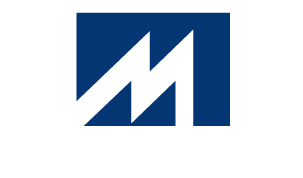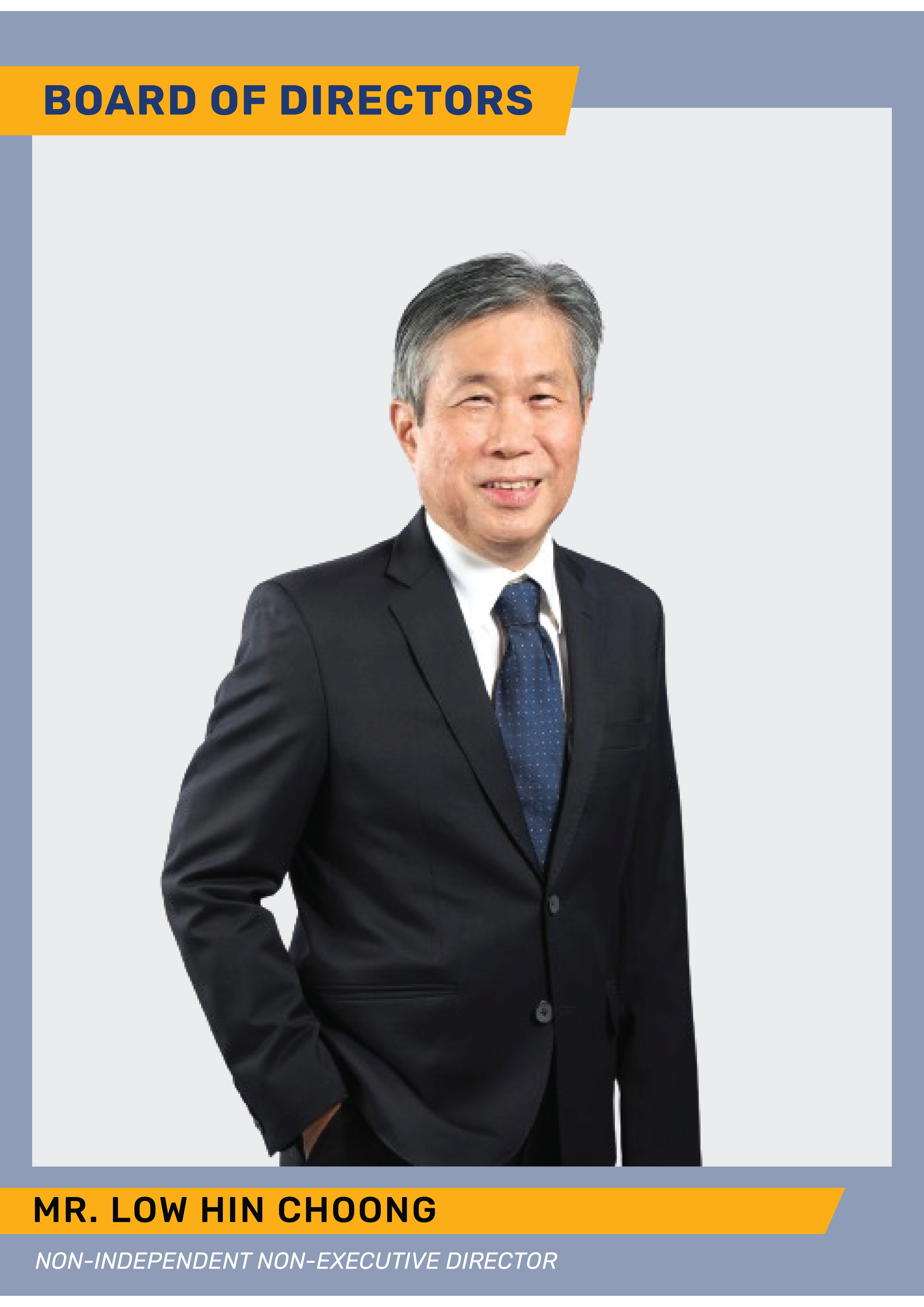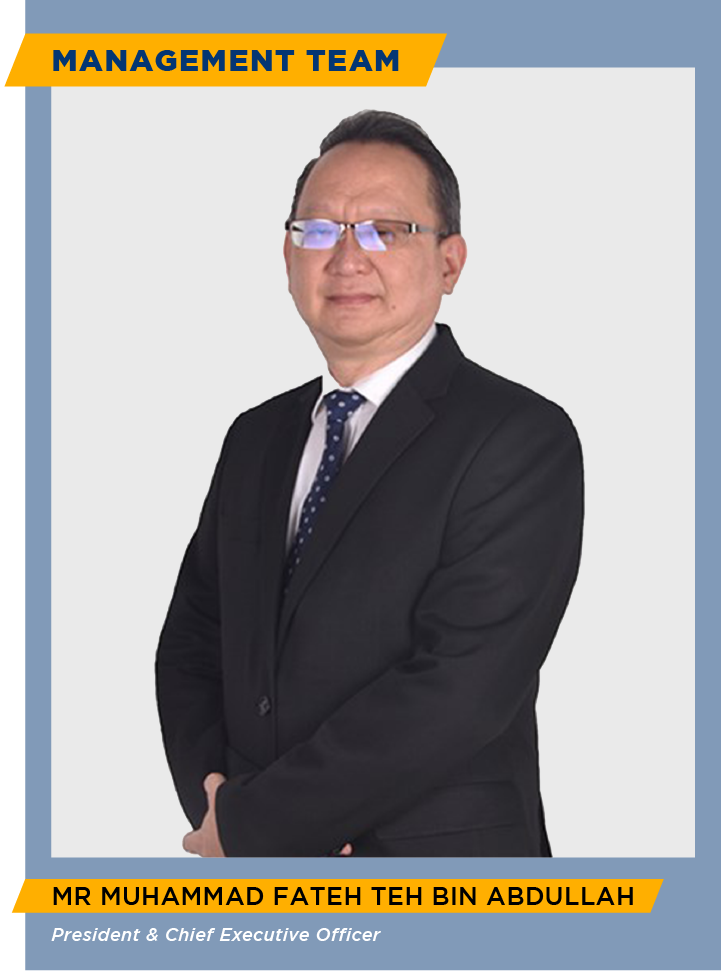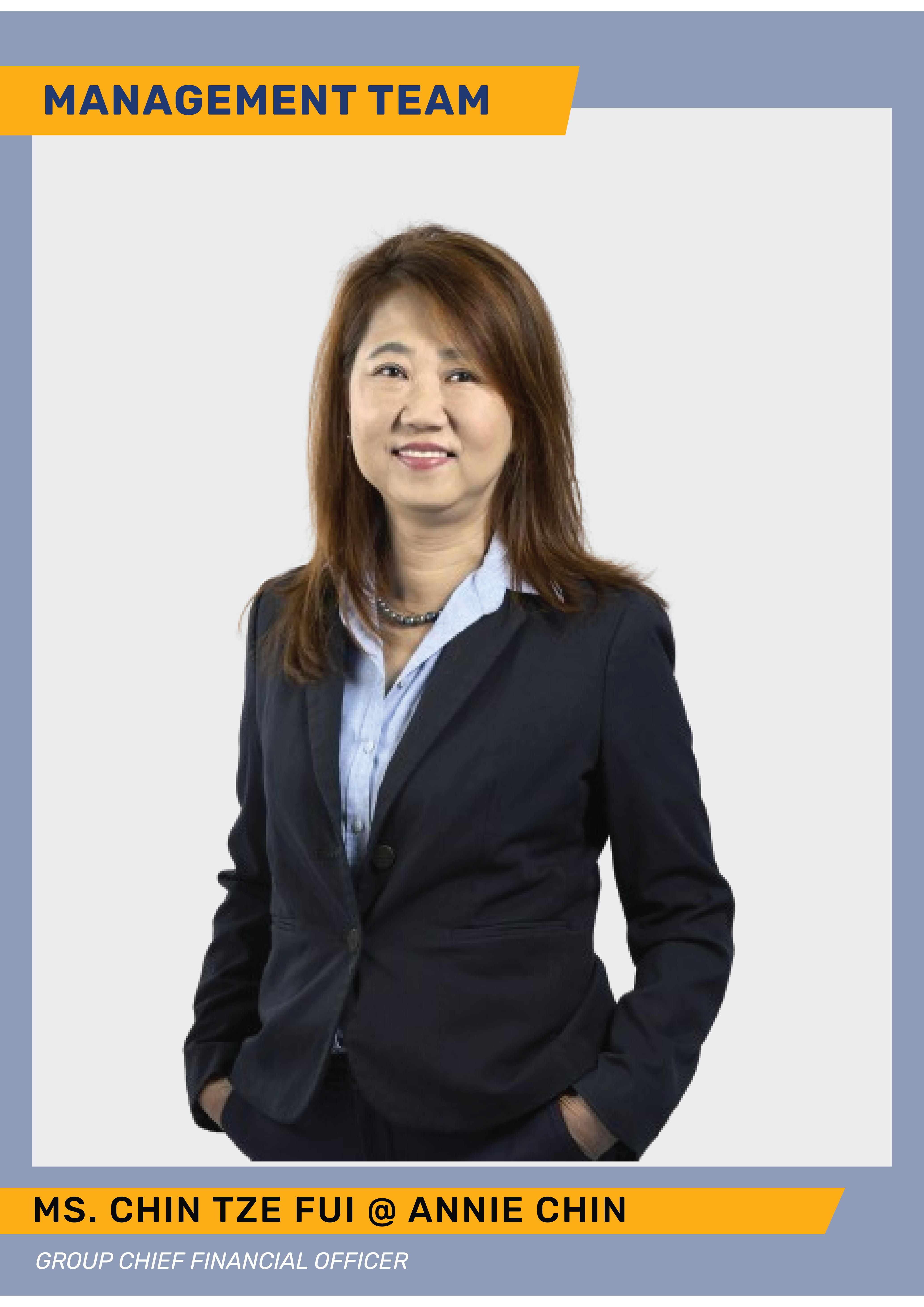KUALA LUMPUR: The move to liberalise the automotive industry by abolishing excise duties on cars, should it materialise, would result in monetary outflow and affect local assemblers, according to AmResearch Sdn Bhd.
“We estimate 70% to 80% of the amount we spend on completely-builtup(CBU) vehicles would flow out of the country as it is a mere trading business with 0% local content,†it said in a report last Friday.
It added that this is unlike a typical non-national, completely-knockeddown(CKD) unit, which entailed 40% to 60% local content.
The research house also said that the absence of excise duties would mean a diminished case for foreign manufacturers to set up local production or source parts from local vendors.
“The auto part sector is a key loser in the case of a complete abolition of excise duties,†it added.
“Local assemblers also stand to lose manufacturing revenue should foreign OEMs move future manufacturing into competing Asean countries.â€
It noted that those who would be affected include UMW Toyota Motor Sdn Bhd, TAN CHONG MOTOR HOLDINGS BHD(TCM) and DRBHICOM BHD.
“MBM RESOURCES BHD will also lose its appeal as a potential assembler and an auto part producer, in particular its comprehensive car manufacturing licence,†it added.
AmResearch said the Philippines imposes the lowest vehicle tax in Asean from as low as 2% and import duty of 0% to 30%.
It reasoned that the Philippines’ open trade regime has made importing CBUs more affordable than assembling CKDs in local assembly plants.
“This has resulted in sales of CBUs [in the Philippines] to grow from 5% in 2000, to 51% in 2009 and hitting about 60% in 2011.â€
“Should the same situation as the Philippines arises, where CBUs form the bulk of sales, the amount of monetary outflow [for Malaysia] would be huge,†it said.
AmResearch also said financiers would be hit by write-downs given a decline in collateral values and that the secondary market values would plunge overnight.
It reasoned that since there are 10 million passenger cars registered in the country that will be constantly traded in the secondary market, existing stock held at dealers’ yards would be sold at huge losses.
“Replacement car buyers will also see trade-in values drop by a similar quantum as the prices of new cars, meaning little change in their ability to purchase a car given the same additional capital outlay required.â€
Currently, excise duty is based on the engine capacity of the vehicle and ranges from 75% to 105% for motorcars while fourwheel drives have an excise duty ranging from 65% to 105%.
In March, International Trade and Industry Minister Datuk Seri Mustapa Mohamed announced that the import duty on cars from Japan and Australia would be gradually reduced from the current 30% to 0% by 2016.
He said the import duties would be reduced to 15% in 2013, 10% in 2014 and 5% in 2015.
Source









